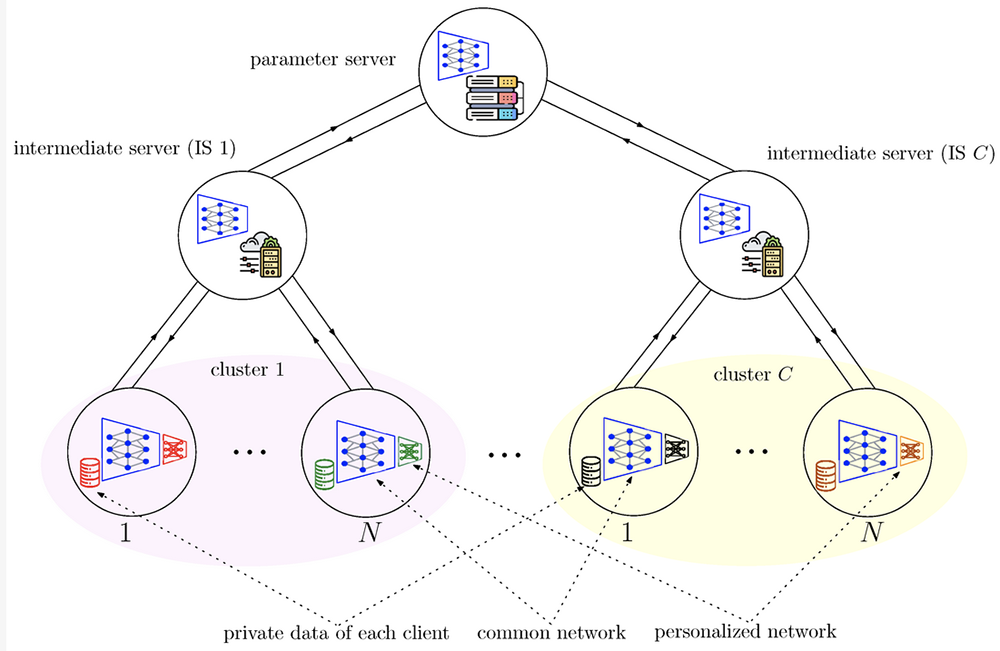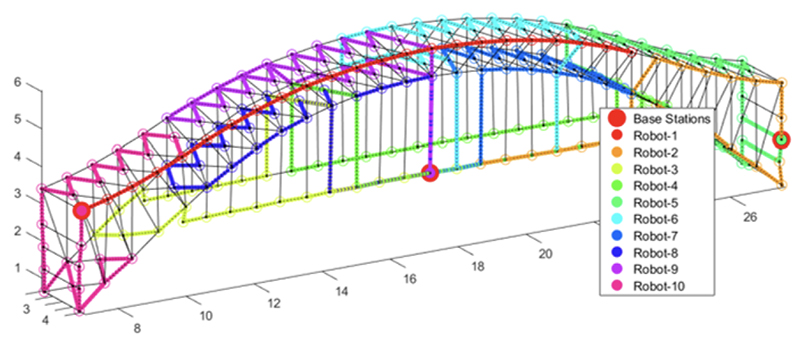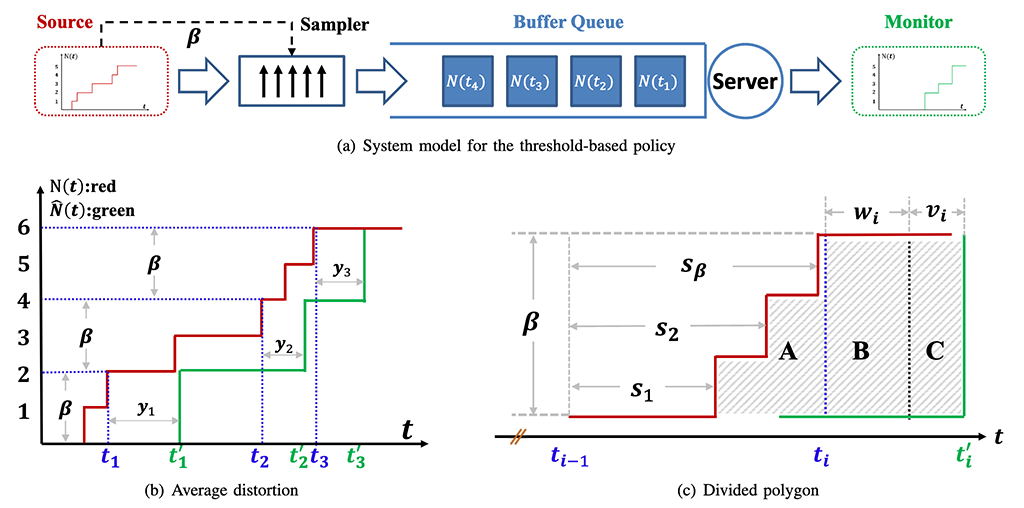News Story
Nuno Martins receives NSF grant for animal-borne wireless networks
Associate Professor Nuno Martins (ECE/ISR) is the principal investigator of a new National Science Foundation Cyber-Physical Systems grant, "Remote Imaging of Community Ecology via Animal-borne Wireless Networks.” The research will develop autonomous systems that monitor and protect endangered animal species.The four-year, $1.8M grant is a collaborative proposal with the National Geographic Society and ECE/ISR alumna Naomi Leonard at Princeton University. Leonard’s Ph.D. advisor at Maryland was Professor P.S. Krishnaprasad (ECE/ISR).
The grant establishes the first formal cooperation between the A. James Clark School of Engineering and the National Geographic Society. National Geographic will receive $1M to construct the needed equipment and support its team. Both Martins’ and Leonard’s research groups will receive $400K.
The researchers will construct a wireless network of animal-borne embedded devices deployed and tested in a biologically-relevant application. The networked devices will provide geo-location data and execute cooperative strategies that save battery life by selectively recording bandwidth-intensive audio and high-definition video footage of occurrences of animal group behavior of interest, such as predation.
There are three concurrent and interdependent research themes:
• Investigating methods to design and analyze the performance of distributed algorithms that implement autonomous decisions at the mobile agents, subject to communication and computational constraints.
• Pursuing data-driven fundamental research on the modeling of animal group motion, promoting a formal understanding of the mechanisms of social interaction.
• Investigating methods for hardware integration to build distributed networks of embedded devices capable of executing the newly developed algorithms, subject to power and weight constraints.
Published September 8, 2011









